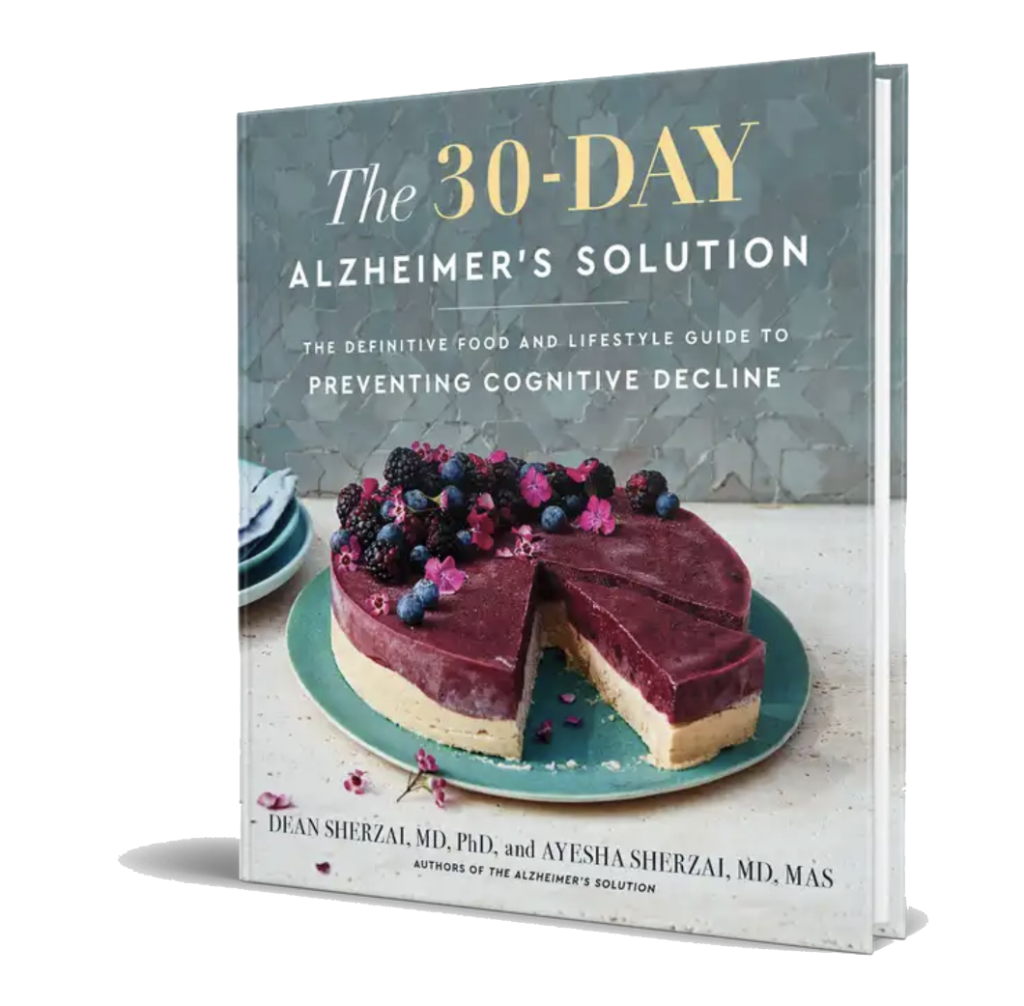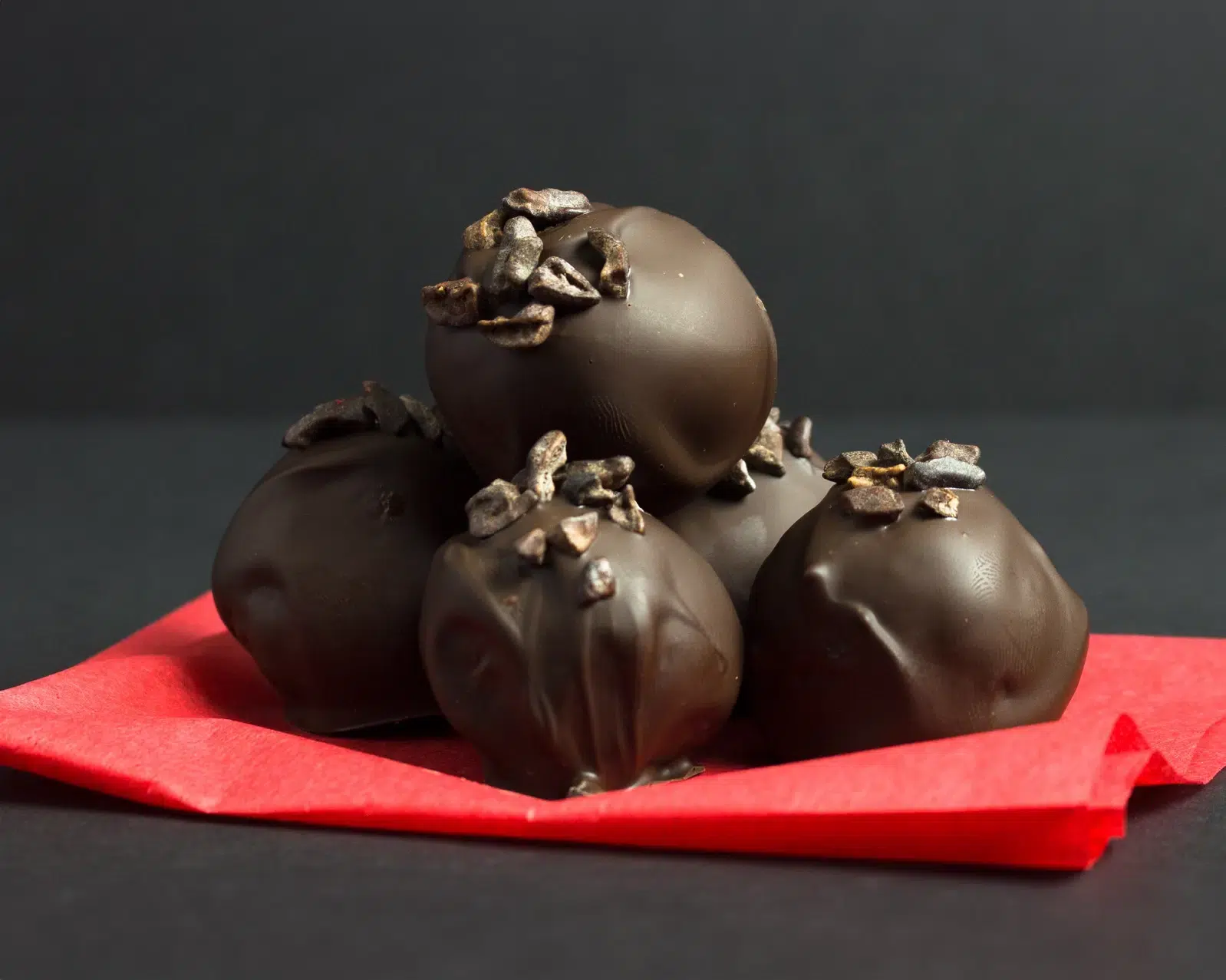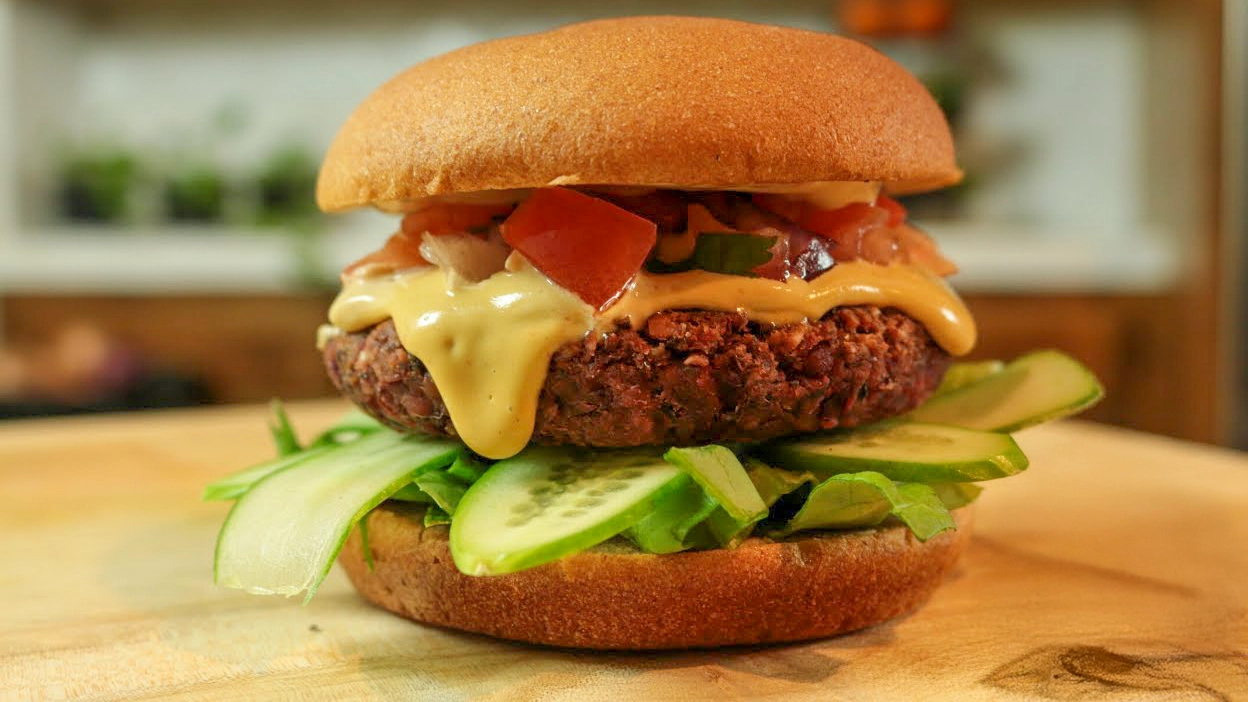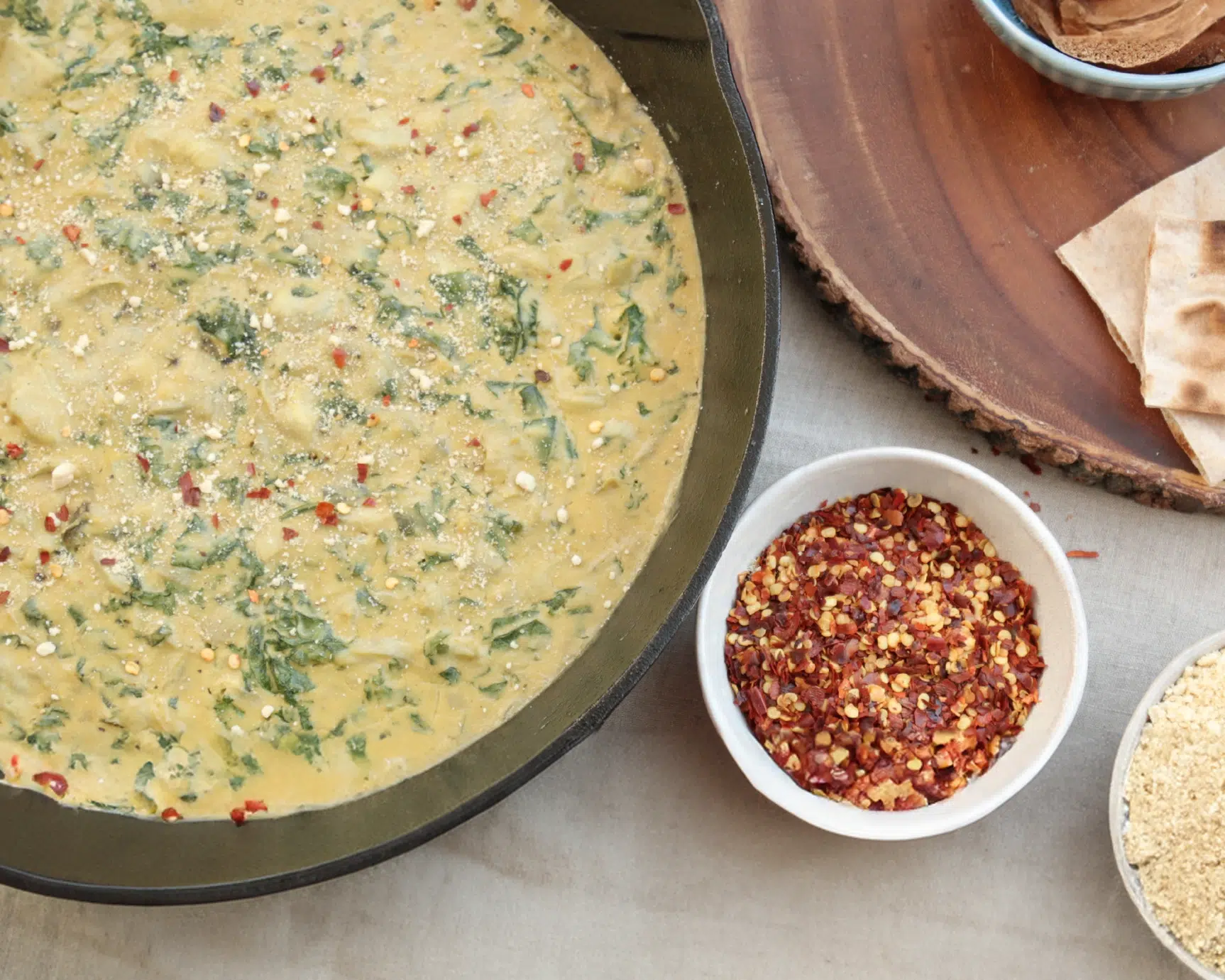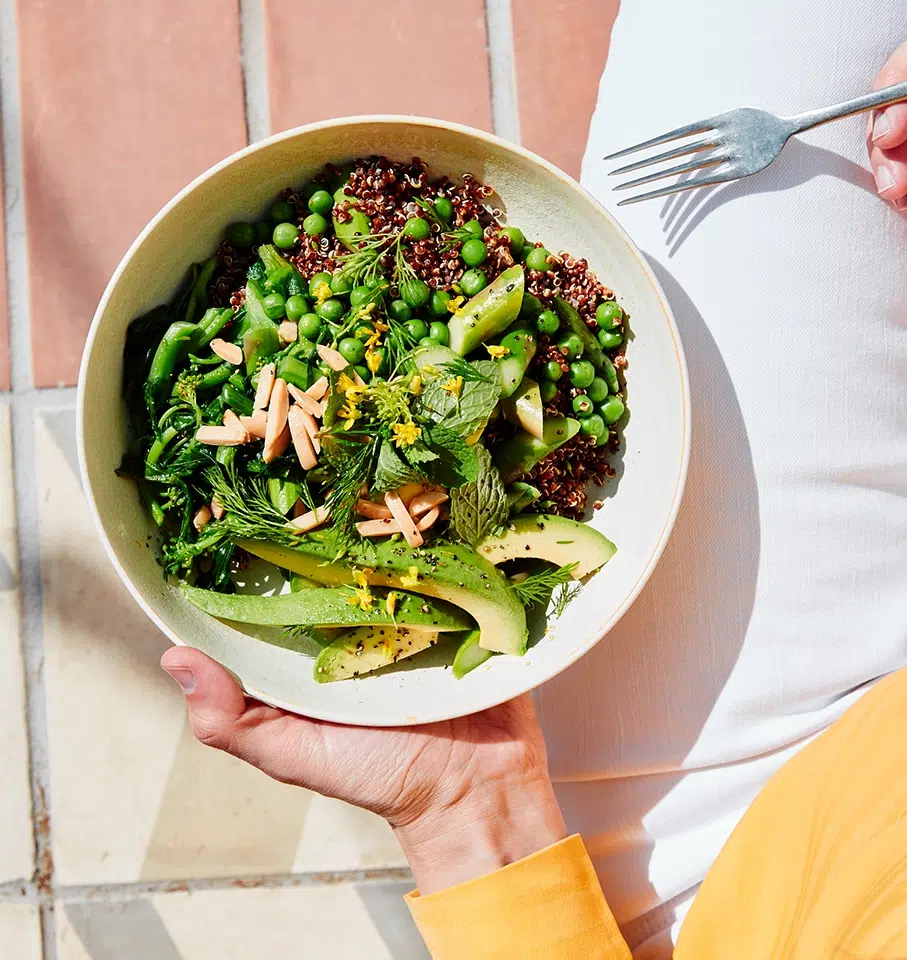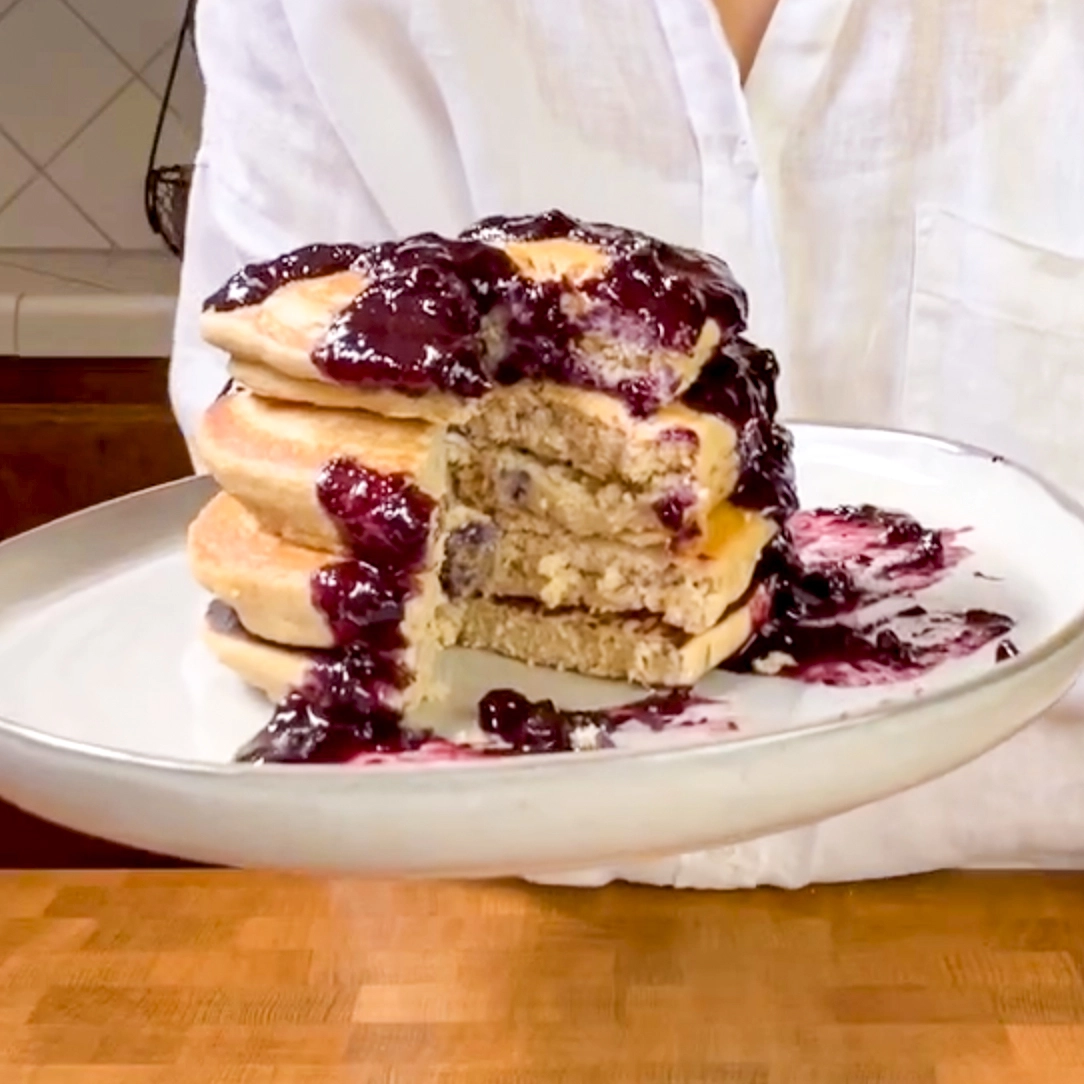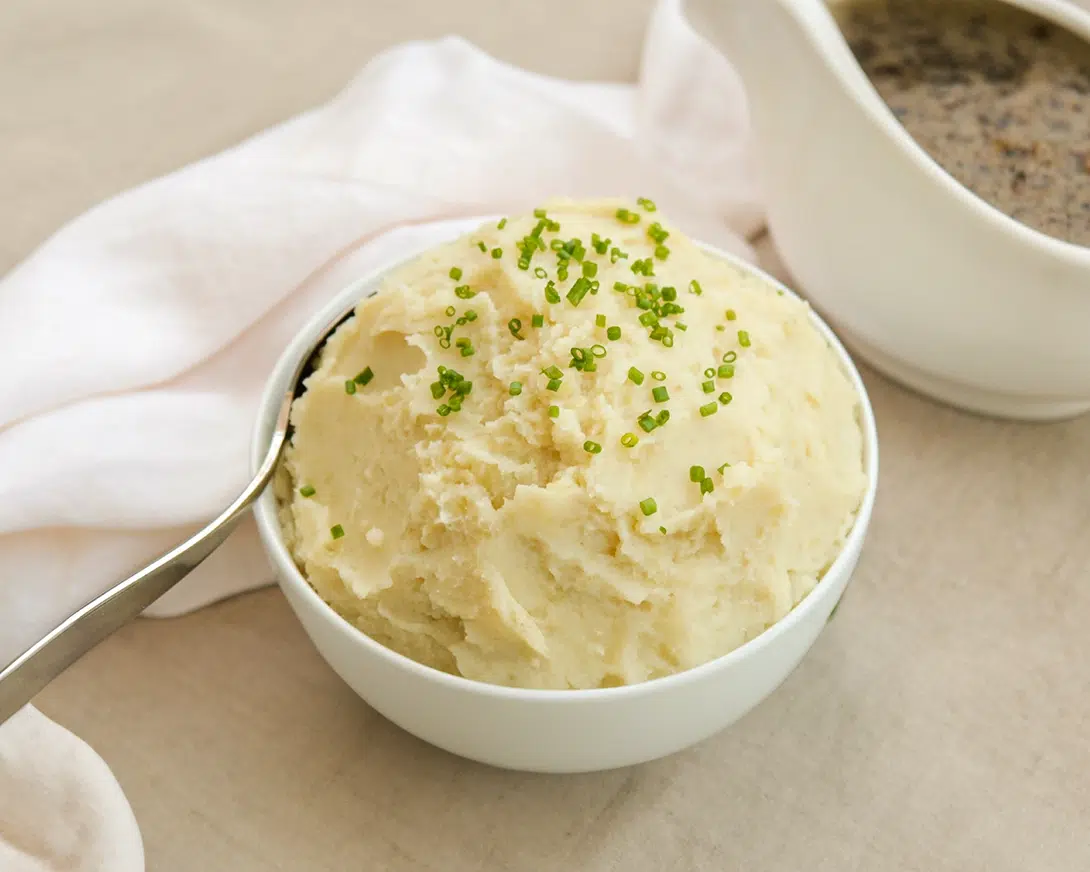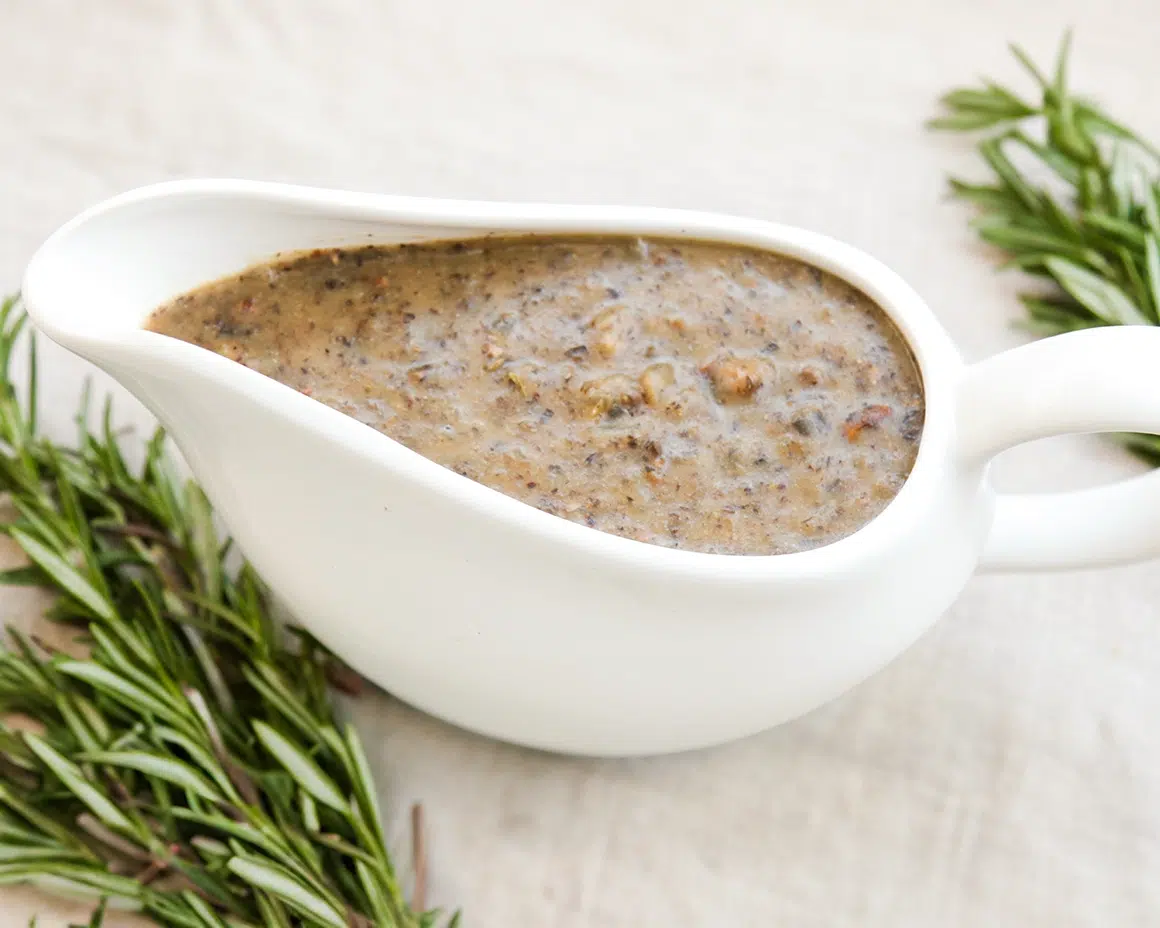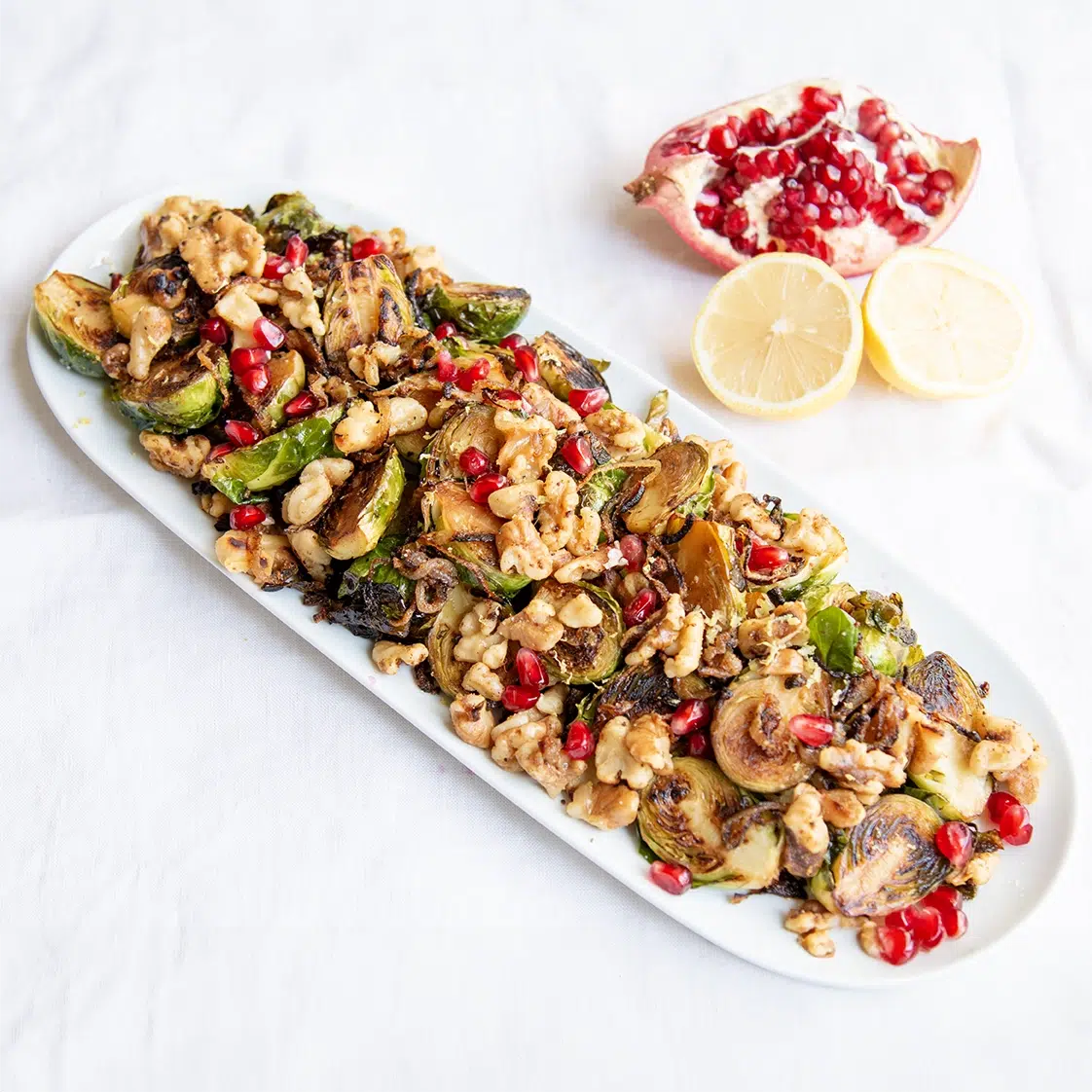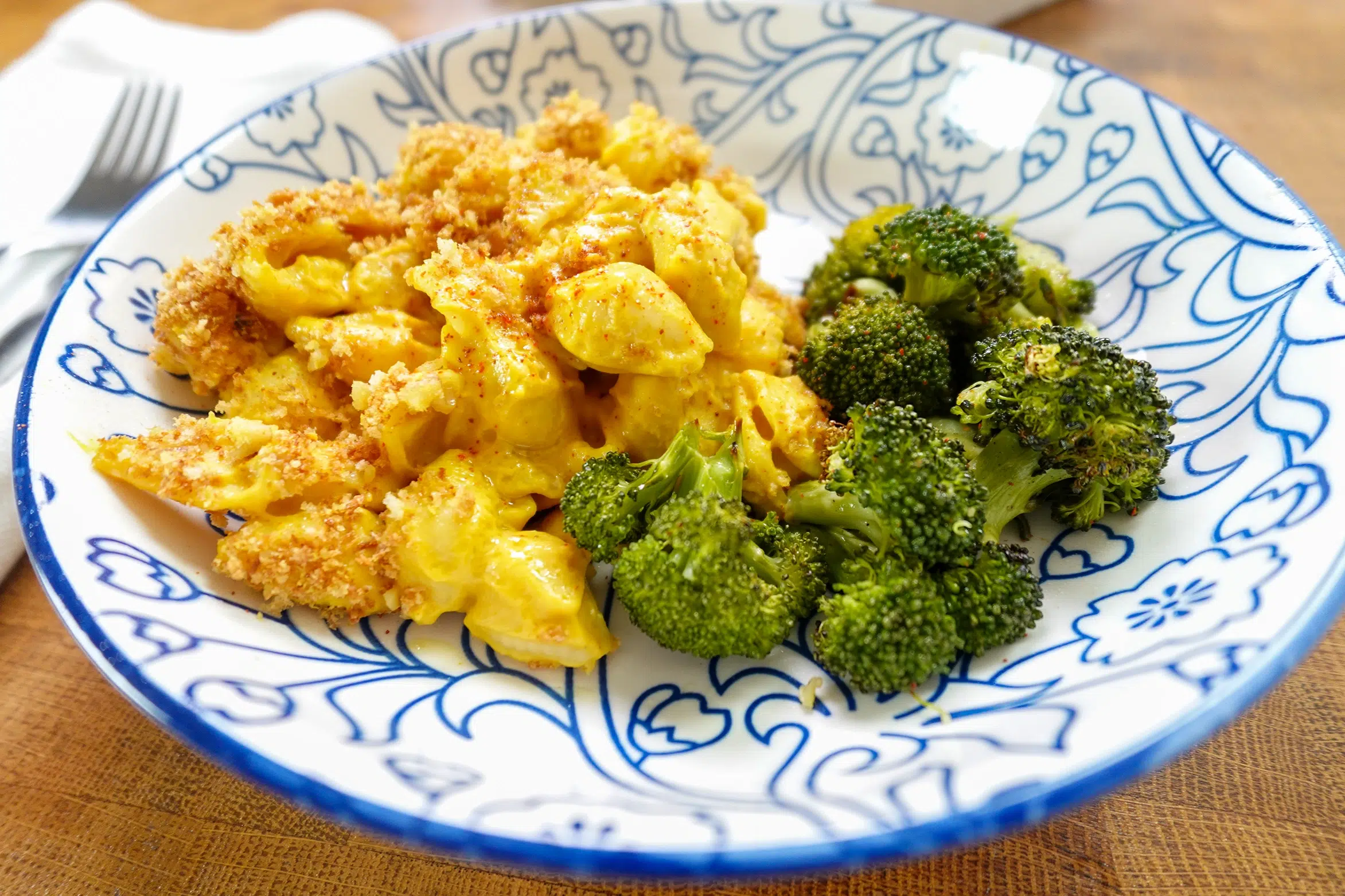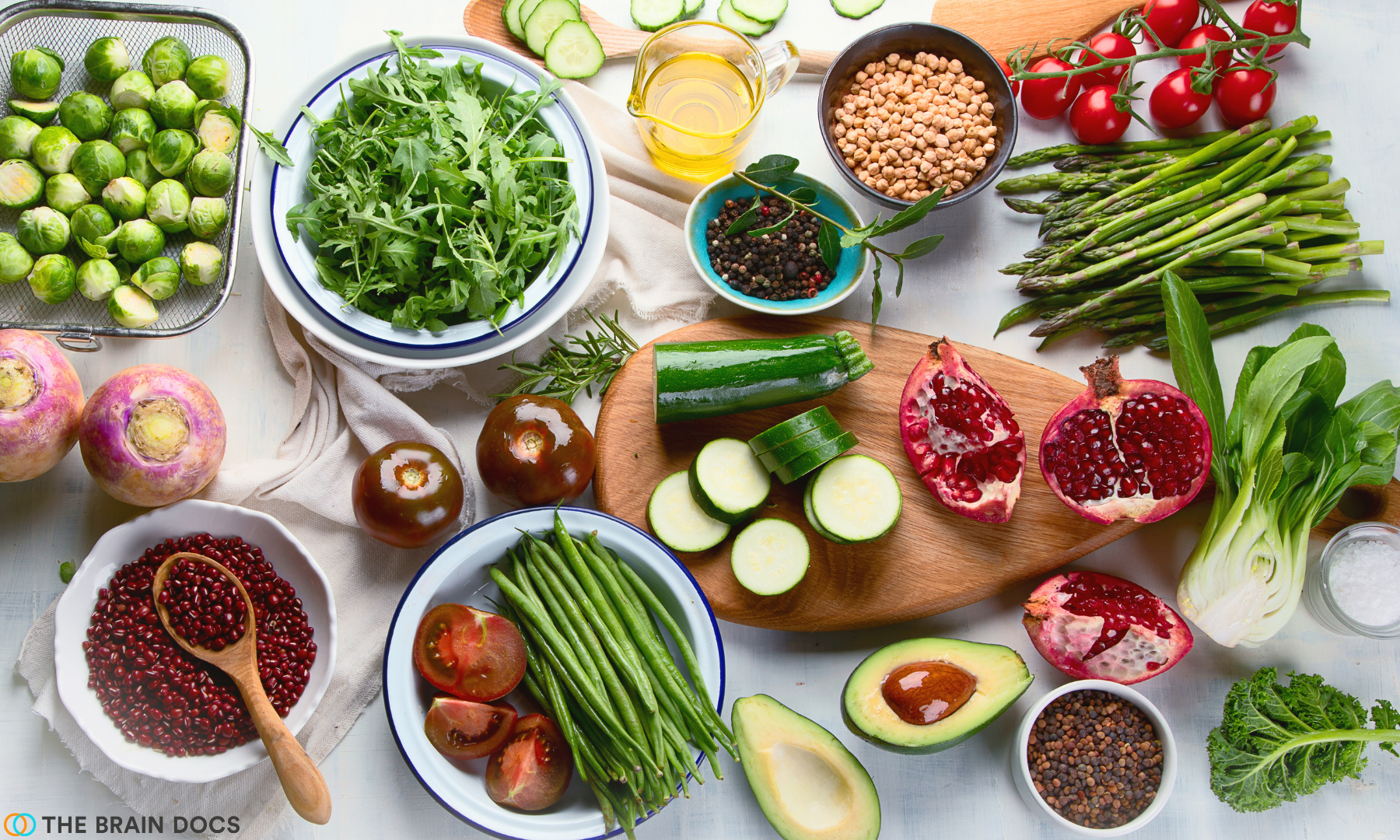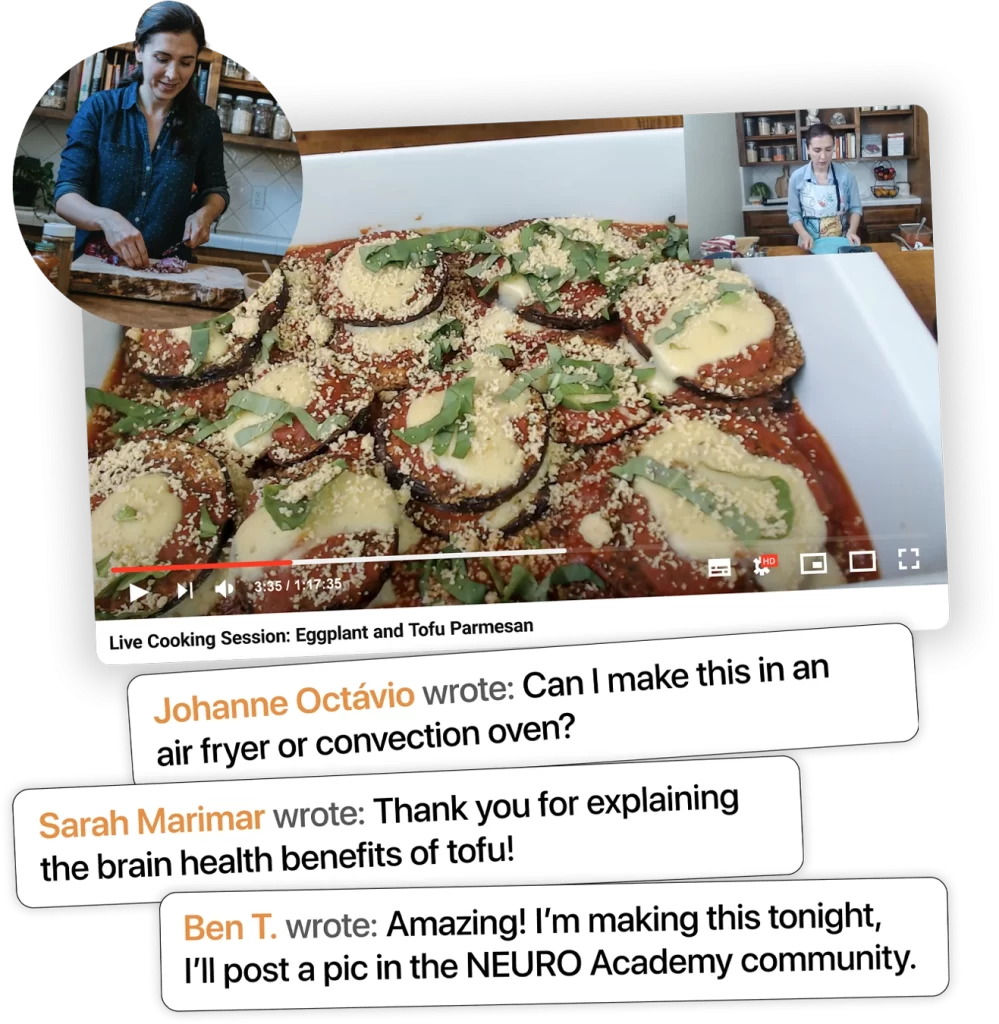Full of fantastic flavors and textures, this stuffing is the perfect addition to your Thanksgiving menu.
It’s plant-based, vegan, and full of brain-healthy nutrients.
It’ll take 15 minutes to prep, 55 minutes to cook, and yields 6 servings.
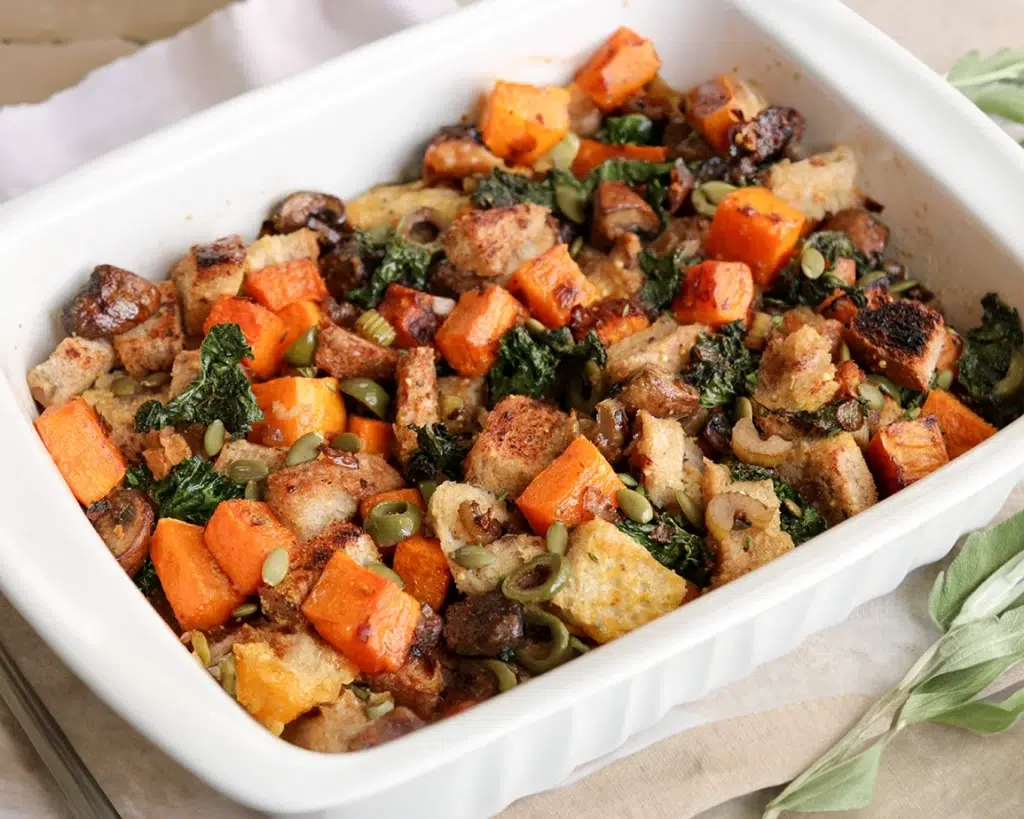
Ingredients
- 3 cups (600 grams) butternut squash, cut into ¾-to-1-inch cubes
- Salt and freshly ground black pepper
- 2 tablespoons avocado oil, divided
- 4 shallots, chopped
- 3 medium celery stalks, thinly sliced
- 3 cups (210 grams) mushrooms, quartered
- 2 sprigs of each fresh thyme and fresh sage
- 2 tablespoons balsamic vinegar
- 3 packed cups (about 200 grams) kale, chopped
- 4 slices whole wheat bread, cut into small cubes
- ¼ cups (180 grams) pitted green olives, chopped
- 3 tablespoons nutritional yeast
- ½ cup (about 120 milliliters) vegetable broth (as needed)
How to make our Butternut Squash and Mushroom Stuffing
Preheat the oven to 425°F (220ºC). Line a rimmed baking sheet with parchment paper or a silicon baking mat.
Season the butternut squash with salt and pepper and toss with 1 tablespoon avocado oil. Spread out onto the prepared baking sheet and roast for about 25–30 minutes, or until soft and beginning to caramelize.
Remove from the oven and set aside.
Reduce the oven temperature to 375°F (190ºC).
Meanwhile, heat the remaining avocado oil in a large skillet and add shallots, celery, mushrooms, thyme, and sage; cook until the mushrooms are tender, and the liquid has evaporated.
Stir in the balsamic vinegar and kale and cook for 1-2 minutes, until the kale has wilted. Season to taste with salt and pepper.
Combine the mushroom mixture, roasted butternut squash, bread, olives, and nutritional yeast in a large bowl and mix well.
Transfer the mixture to a baking dish and, if too dry, add some vegetable broth.
Cover with aluminum foil and bake for about 15–20 minutes, then remove the foil and bake for a further 15 minutes or until the stuffing forms a nicely-browned crust.
You can replace the bread with 1½ cup (about 190 grams) of cooked wild rice or quinoa.
I like the mushrooms quartered. It really enhances the texture of the dish. Sliced mushroom tend to become disintegrated in this dish.
The brain science behind the recipe
Butternut squash is rich in antioxidants, particularly vitamin C and beta-carotene, which can enhance cognitive function, reduce inflammation, and protect the brain against age-related mental decline.
Mushrooms contain antioxidant and anti-inflammatory compounds and essential nutrients like vitamin D and B-vitamins, which are important for cognitive function.
The shallots and celery are a great source of vitamin K, kale provides fiber, vitamins, and minerals, and the olives are a wonderful way to get more healthy monounsaturated fats into your diet. All these nutrients contribute to overall brain health.
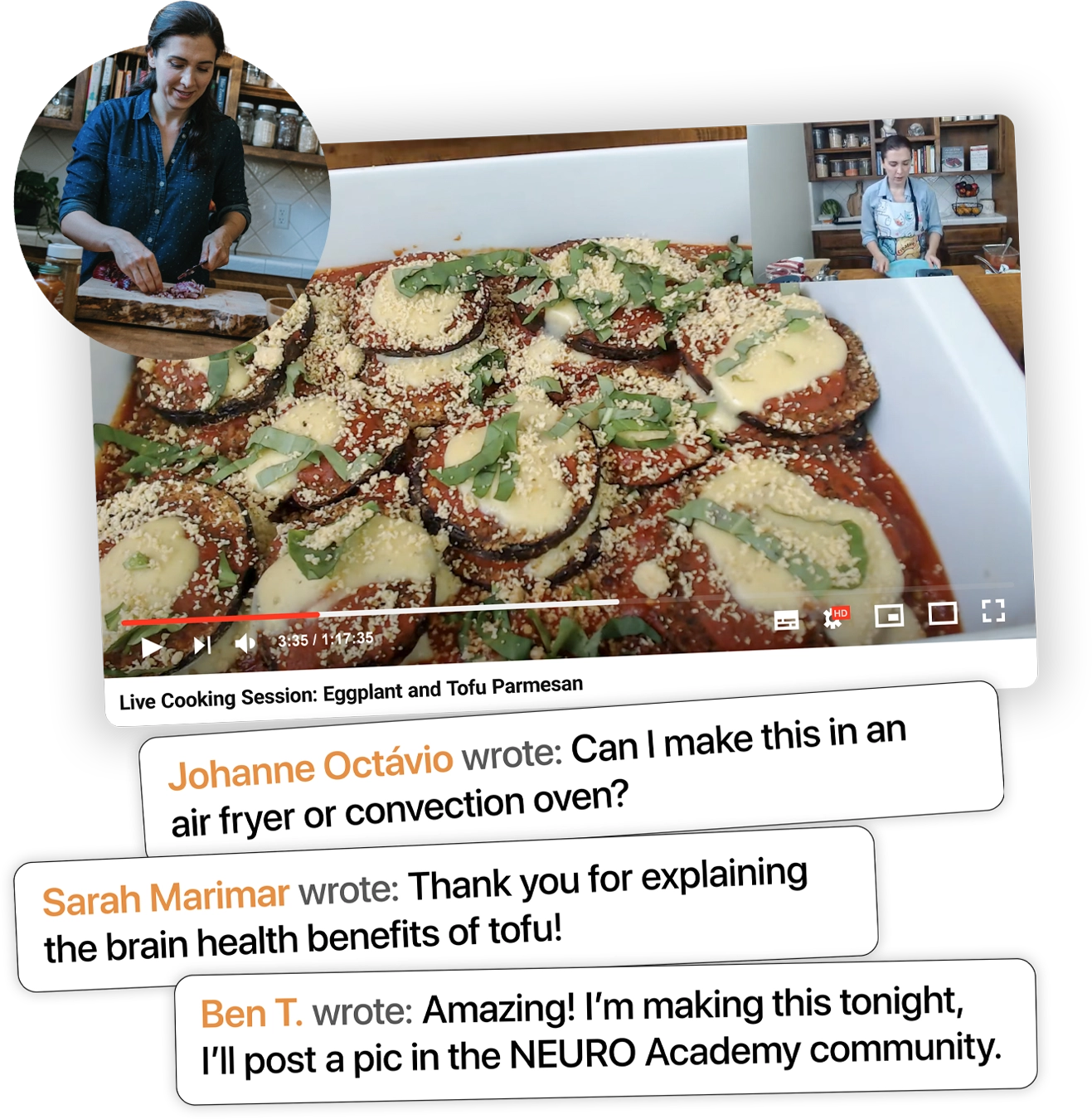
Join the NEURO Academy community to get exclusive access to Ayesha’s live brain-healthy cooking sessions.
- Ask Ayesha questions
- Learn about the brain health benefits of different foods
- Share your food photos in the NEURO Academy community, and exchange tips with other members!

Join the NEURO Academy community to get exclusive access to Ayesha’s live brain-healthy cooking sessions.
- Ask Ayesha questions
- Learn about the brain health benefits of different foods
- Share your food photos in the NEURO Academy community, and exchange tips with other members!
Get more brain-healthy recipes direct to your email inbox
Sign up for the Brain Docs newsletter for weekly recipes, brain teasers, neuroscience facts, podcast updates, and more — for free!

